In today’s rapidly evolving digital landscape, artificial intelligence (AI) has emerged as a game-changer in the world of marketing. AI in digital marketing refers to the integration of advanced technologies that enable machines to perform tasks traditionally requiring human intelligence. This transformative technology has revolutionized the industry by streamlining processes, enhancing customer experiences, and providing data-driven insights for better decision-making.
In this blog, we will explore the impact of AI in digital marketing, discussing its role in personalization and customer experience, data analytics, content creation, chatbots, SEO, and future trends. Let’s delve deeper into the ways AI is reshaping the digital marketing landscape.
The Impact of AI in Digital Marketing
A. Personalization and Customer Experience
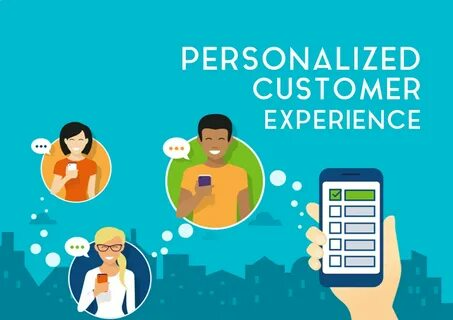
AI has become instrumental in tailoring marketing efforts to suit individual customer preferences. By leveraging AI-driven content recommendations, businesses can offer personalized product suggestions, content, and services based on user behavior and interests. AI algorithms analyze user data and interactions, enabling businesses to deliver hyper-relevant and engaging experiences.
Customized email marketing campaigns are another way AI is revolutionizing personalization. By analyzing user interactions, AI algorithms can send targeted emails with relevant content, increasing open rates and conversion rates significantly. Similarly, AI-driven ad targeting enables businesses to show advertisements to specific audiences who are more likely to engage with the ads and make a purchase.
B. Data Analytics and Insights
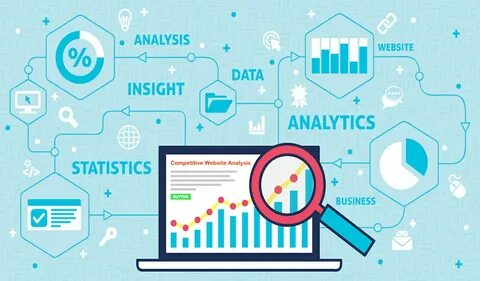
Data is the backbone of digital marketing, and AI-powered analytics is making data processing and analysis faster and more efficient. AI algorithms can collect and analyze vast amounts of data, providing businesses with valuable insights into customer behavior, market trends, and campaign performance.
Predictive analytics, driven by AI, helps marketers make data-driven decisions by forecasting future outcomes based on historical data patterns. With real-time reporting and performance tracking, businesses can monitor their marketing efforts in real-time, enabling agile decision-making and optimization for better results.
AI in Content Creation and Curation
A. Automated Content Generation

Although creating content requires a lot of work, AI-powered tools are revolutionising the industry. AI-generated articles and blog posts are becoming more prevalent, providing businesses with an efficient way to produce high-quality content. AI algorithms analyze existing content to understand writing styles, tone, and topic trends, producing human-like content that resonates with the audience.
Moreover, AI is also being used to create social media content. AI-powered tools can analyze trending topics and user engagement patterns to create engaging and shareable content, streamlining the social media marketing process.
B. Content Curation with AI in digital marketing

Content curation is essential for delivering relevant and valuable information to the audience. AI-driven content discovery tools help marketers find the most relevant and trending content across the web, allowing them to curate content that aligns with their brand and interests their target audience.
AI-powered content curation algorithms analyze user behavior and preferences to recommend personalized content, enhancing customer engagement and loyalty.
Chatbots and Customer Support
A. AI-powered Chatbots
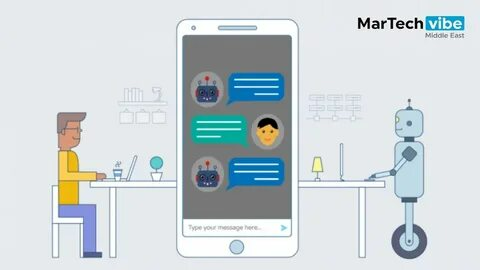
AI-driven chatbots have revolutionized customer support by providing instant assistance 24/7. These chatbots can understand natural language queries and respond with helpful and accurate information, simulating human-like conversations. As a result, businesses can offer seamless customer support without the need for human intervention.
B. AI-driven Customer Support
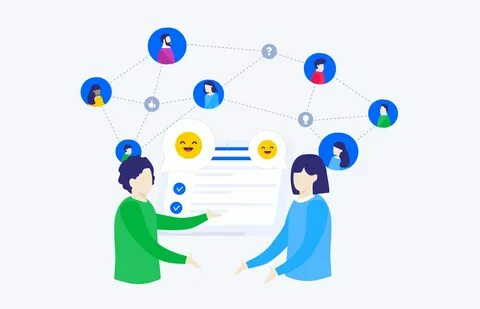
Beyond chatbots, AI is transforming customer support in various ways. AI algorithms can efficiently handle and resolve customer queries, reducing response times and increasing customer satisfaction. Moreover, AI enables personalized interactions, as it can access customer data and history, providing agents with valuable context during conversations.
Search Engine Optimization (SEO) and AI in digital marketing
A. AI-based SEO Strategies
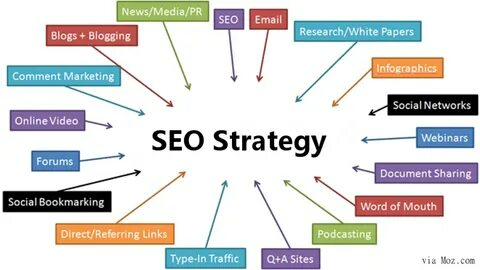
AI has evolved into a crucial tool for SEO specialists. AI-powered keyword research and analysis tools help businesses identify relevant and high-ranking keywords, optimizing their content to improve search engine rankings. AI also assists with on-page and off-page SEO optimization, analyzing website performance and providing recommendations for improvement.
B. AI for Search Engine Rankings
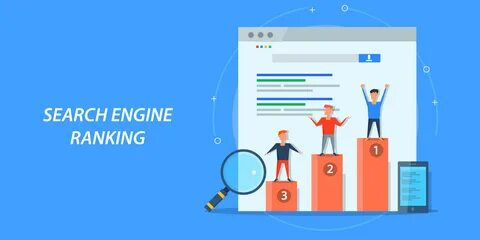
Understanding search engine algorithms can be challenging, but AI can help marketers stay ahead. AI-driven SERP (Search Engine Results Page) analysis tools can analyze ranking factors, allowing businesses to optimize their websites to rank higher in search results. Additionally, with the rise of voice search, AI enables businesses to adapt their SEO strategies to suit voice-based queries.
Ethical Considerations of AI in Digital Marketing
As AI continues to play a crucial role in digital marketing, ethical considerations become vital. Businesses must prioritize data privacy and security, ensuring that customer information is protected from potential breaches. Transparency and explainability are equally important, as businesses should be able to provide insights into how AI algorithms make decisions.
To avoid bias in AI algorithms, marketers should continuously monitor and refine their AI systems, ensuring fairness and equality in targeting and content creation. Striking a balance between automation and human touch is also crucial, as excessive reliance on AI can lead to impersonal interactions, damaging customer relationships.
Future Trends and Predictions
AI integration with emerging technologies is expected to drive even greater innovation in digital marketing. As AI continues to evolve, it will likely offer enhanced capabilities, making it easier for businesses to deliver personalized experiences and make data-driven decisions.
The future of the digital marketing industry will be shaped by AI’s potential to analyze complex data sets, predict customer behavior, and optimize marketing strategies. As businesses embrace AI, the industry is set to witness transformative advancements in efficiency, customer experience, and overall marketing success.
Conclusion
AI’s rise in digital marketing is nothing short of a revolution. From enhancing personalization and customer experience to providing valuable data insights and streamlining content creation, AI is changing the way businesses interact with their customers and execute marketing strategies.
However, as AI becomes more prevalent, it is crucial for businesses to maintain ethical standards and prioritize data privacy and transparency. By embracing AI responsibly and leveraging its capabilities, digital marketers can stay ahead of the curve, maximizing their marketing efforts and achieving remarkable success in the dynamic digital landscape. The future of AI in digital marketing is bright, and those who embrace this transformative technology stand to gain a competitive edge in the industry.
Want to optimize your marketing campaigns and drive better results? Capsley will show you how!
Frequently Asked Questions (FAQs) about The Rise of AI in Digital Marketing
AI in digital marketing refers to the integration of advanced technologies that enable machines to perform tasks requiring human intelligence, such as data analysis, content creation, and customer support. AI is revolutionizing the industry by enhancing personalization, streamlining processes, providing valuable data insights, and improving customer experiences.
AI enables personalization by analyzing user data and interactions, allowing businesses to deliver hyper-relevant content, product recommendations, and targeted ads based on individual preferences. Moreover, AI-driven chatbots provide instant assistance and simulate human-like conversations, leading to seamless customer support experiences.
AI-powered data analytics can collect and analyze vast amounts of data, offering valuable insights into customer behavior, market trends, and campaign performance. Predictive analytics, driven by AI, helps marketers make data-driven decisions by forecasting future outcomes based on historical data patterns.
AI streamlines content creation by generating high-quality articles and blog posts based on analyzing existing content and user trends. AI also aids in content curation by discovering and recommending the most relevant and trending content to engage the target audience effectively.
AI-powered chatbots are automated tools that can understand natural language queries and provide instant assistance 24/7. They simulate human-like conversations, reducing response times and increasing customer satisfaction by offering seamless customer support without human intervention.
AI assists in SEO by offering advanced keyword research and analysis, helping businesses identify relevant and high-ranking keywords for content optimization. AI-driven SERP analysis tools also help businesses optimize their websites to rank higher in search engine results.
Businesses must prioritize data privacy and security to protect customer information from potential breaches. Transparency and explainability are essential, as businesses should be able to provide insights into how AI algorithms make decisions. Additionally, avoiding bias in AI algorithms and maintaining a balance between automation and human touch are crucial ethical considerations.
The future of AI in digital marketing will likely involve even greater integration with emerging technologies, leading to more efficient personalized experiences and data-driven decision-making. AI's potential to analyze complex data sets, predict customer behavior, and optimize marketing strategies will drive transformative advancements in the industry.
Businesses can embrace AI responsibly by adhering to ethical standards, prioritizing data privacy and transparency, and continually refining AI systems to avoid bias. By leveraging AI's capabilities with a responsible approach, marketers can gain a competitive edge in the dynamic digital landscape and achieve remarkable success.
Digital marketers can prepare for the future of AI by staying updated on the latest AI advancements and understanding how they can be integrated into their marketing strategies. Embracing AI responsibly, investing in AI-powered tools, and fostering a culture of innovation will position businesses to adapt and thrive in the evolving digital marketing landscape.